Chess Strategy is important in Chess. There are often positions where you should choose your target area. Where do you place your forces? Is your target everywhere? Are you aimlessly pushing your pieces around? Are you attacking here and there?
A master would shake his head in astonishment. Do you want to get into trouble or what?
You can’t have the whole board for yourself. The opponent has a right to exist too. Give him a part of the board and you can take the other part. Yet most inexperienced players horrify the heck out of experienced seasoned chess addicts. In an suicidal manner they move a piece here and there, play attack at the queenside, then at the kingside while ignoring existing imbalances.
To play successful chess requires single-minded focus and to have a clearly defined target or target area. Kingside, Queenside, weak squares, center play, occupation of square in front of an isolated pawn, blasting open a diagonal to bring alive an inactive half-dead bishop and similar concepts that have to be followed through.
Have you ever seen a tiger attacking just anything in a herd of zebras? No, of course not! Just observe the focus and strategy of his attack? He just searches for the weakest point, singles out the prey and attacks single-minded a young, slow or sick target. This gets results. And now adopt this strategy to chess and you will be right.
Strategic Ideas in the Opening
Chess Strategy – Define Targets
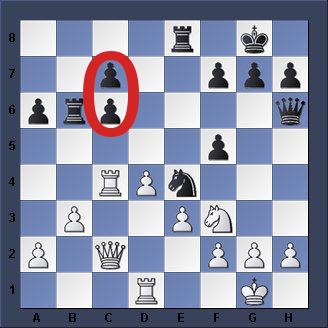 |
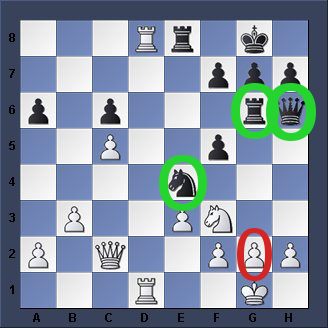 |
| White is attacking permanently the weak pawns at the queenside. This has already forced blacks rook to a passive position. | White has seen the attack coming and exchanges forces to reduce attacking power. |
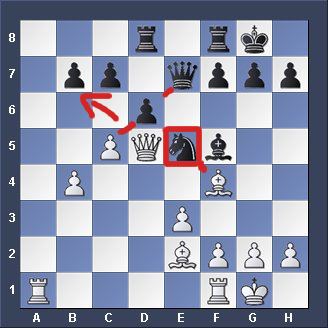 |
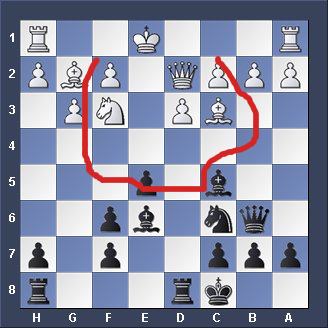 |
| Whites forces are directed at the queenside. This is his target area. | Blacks target area is the center because the white king is in the middle and the black rook is exercising pressure along the d-file. Blacks pieces control the center very well. Black moves and plays 1…e4 to stop White from castling. |
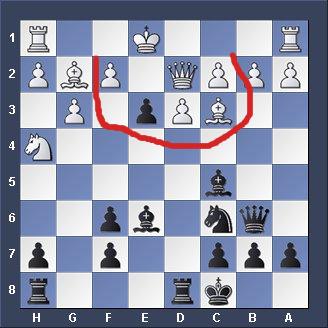 |
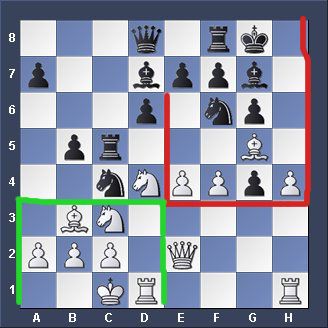 |
| Black is attacking the target area. 1..e3! | Typical setup of the dragon variation. Clearly defined target areas due to opposite castling. |
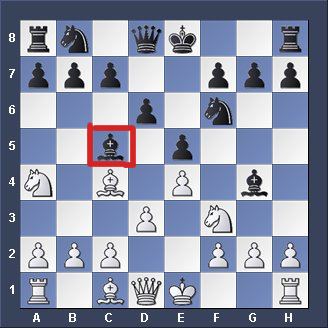 |
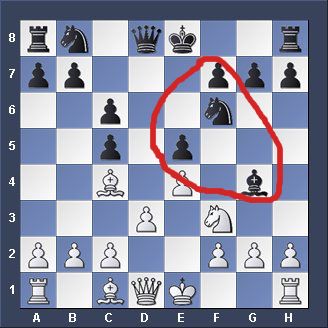 |
| Whites target is the bishop. | White discovered target square f7! |
Chess Strategy – Guidelines
- In the opening move pieces, not pawns, or you will soon run behind in development time.
One move = 1 time unit = 1 tempi (chess term)
If you move an irrelevant pawn, your opponent develops a piece instead and is gaining development time. He gained 1 tempi, because a piece is stronger than a pawn. The effect of moving a piece is stronger than the effect of moving a pawn in the opening. - Move your pieces to good central squares where they exert the most power. Move Knights before Bishops, then Rooks and then the Queen. If you move out the Queen too early it will get chased around by your opponents pieces. At the same time your opponent is gaining tempis on your Queen. This means your opponent gains development time and will get the better position, just because you moved your Queen out too early.
- Don’t move rooks and the queen to squares where they can be attacked by bishops and knights or you might be forced to trade your rook for a bishop or for a knight. This alone can lose a game.
- If you are ahead in development and you have a better position than your opponent then open up lines and files to be able to penetrate with your pieces into his position. This will give you a strong advantage.
- If you are behind in development and have an inferior and passive position then don’t start an attack and don’t open up the game or you lose.
- Keep your bishops and don’t trade a bishop for a knight unless you are gaining a clear advantage, of course. In open or half-open positions your bishops will be stronger than his knights. So keep the pair of bishops if you can.
- Never start an attack at the kingside when you have insufficient ressources. When your opponent has not weakened his position around his king and has many defending pieces it usually is senseless to attack there unless you have overwhelming piece power accumulated there.
- Don’t give senseless checks when you can do so. You might drive the king to better squares. To give countless checks with your queen is ridiculous. The queen alone can do nothing. It always needs support from other pieces. Don’t ever attack with your queen alone as it can do nothing by itself, just capturing a few pawns maybe.
- Make sure that your pieces are placed on good squares at all times. Don’t retreat with your knight to the edge of the board or you lose center power. Sometimes a knight goes temporarily to the edge to be able to go to a better square. Look which of your pieces is placed badly and try to improve its position. This alone can make a big difference to the better.
Chess Puzzles from Tournaments
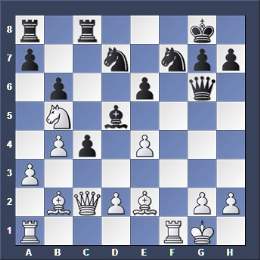 |
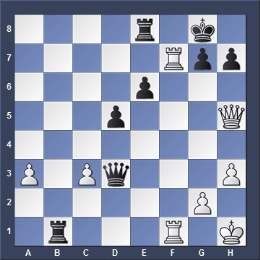 |
 1) 1) |
 2) 2) |
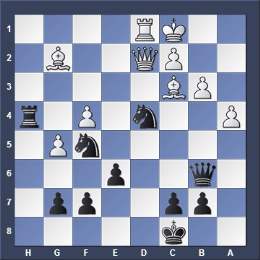 |
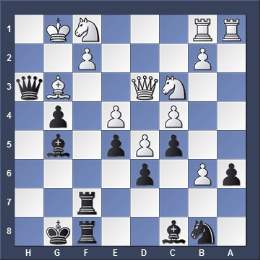 |
 3 3 |
 4 4 |
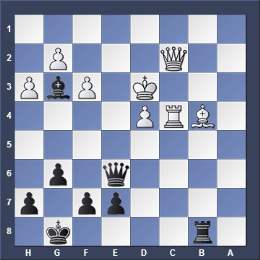 |
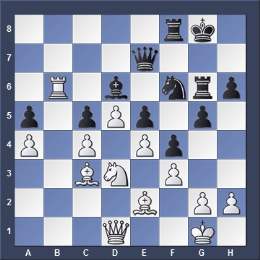 |
 5 5 |
 6 6 |
Back to – Good Chess Strategies
Go to – Chess Strategy – Home
 Sick of Losing at Chess? Get Chess Courses from a Grandmaster! HUGE Discount! Click here!
Sick of Losing at Chess? Get Chess Courses from a Grandmaster! HUGE Discount! Click here!Get Chess Course -Beginners Package- from a Grandmaster! Huge Discount!
Privacy Policy Impressum/Disclosure Disclaimer Donate
© 2008- www.Expert-Chess-Strategies.com
